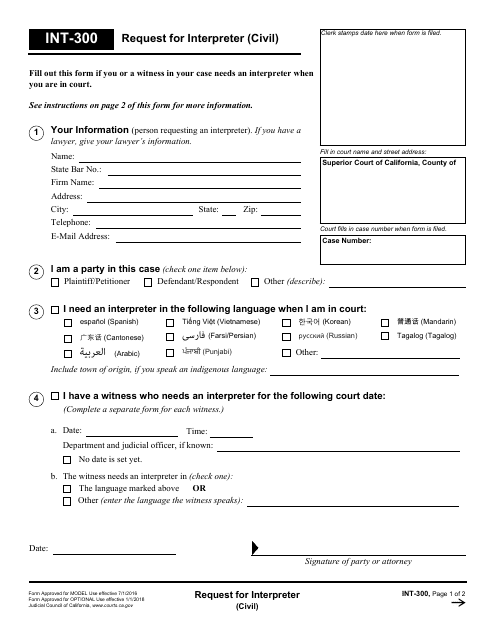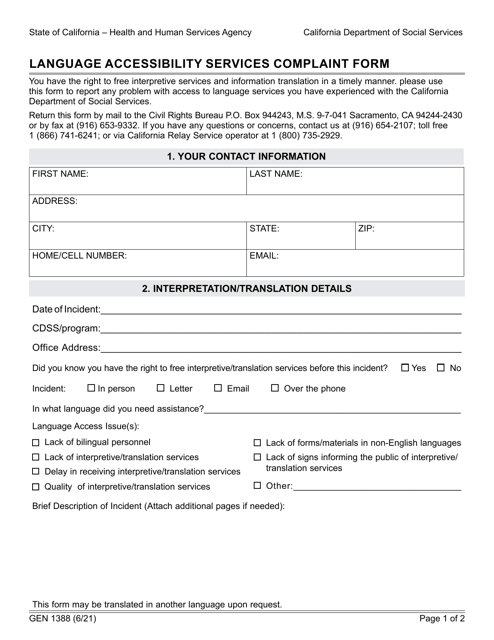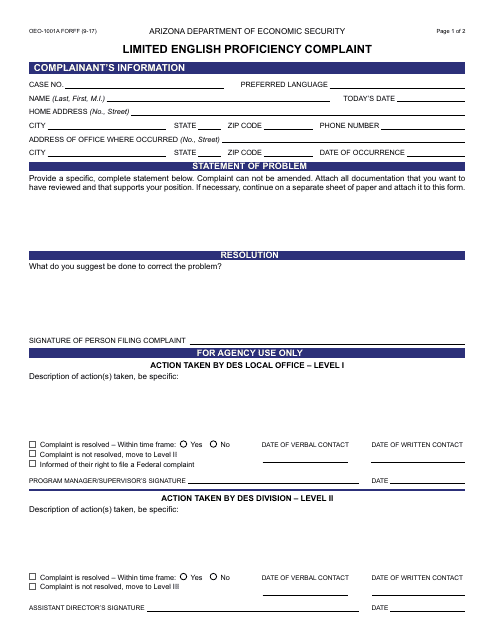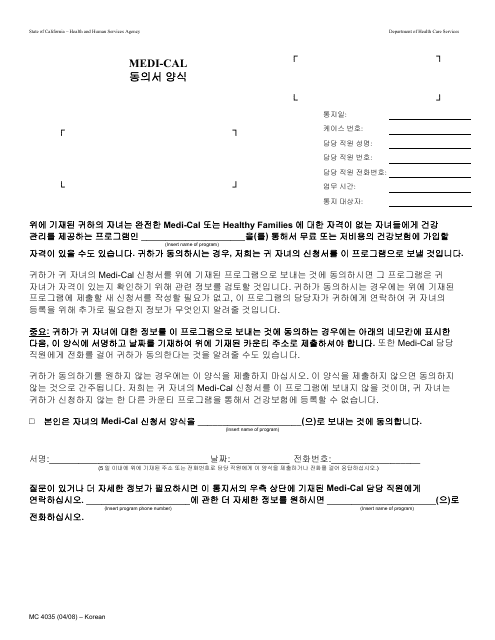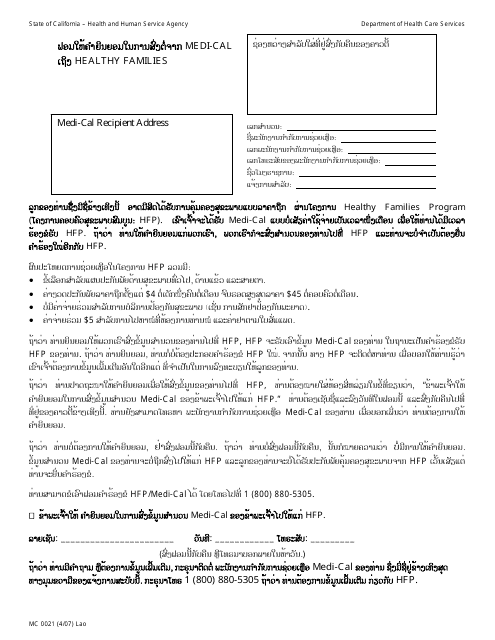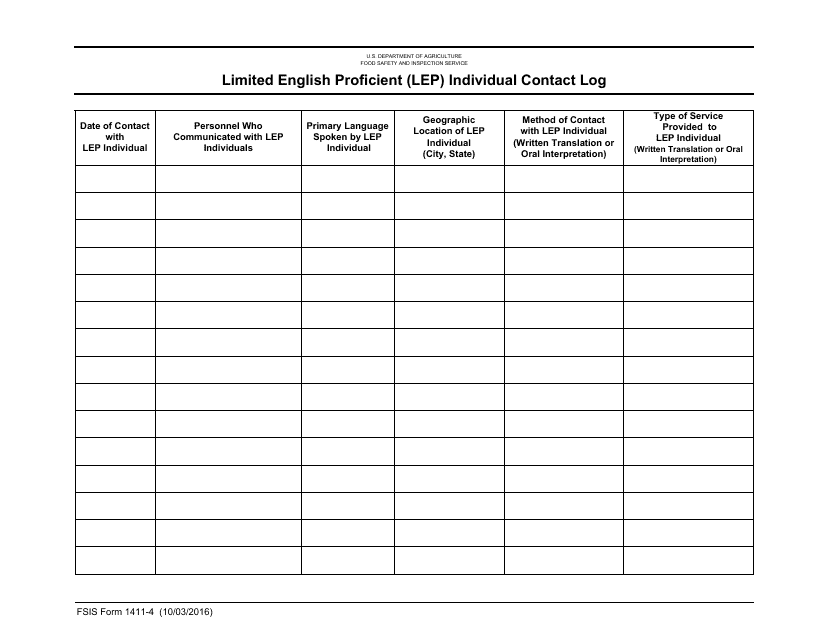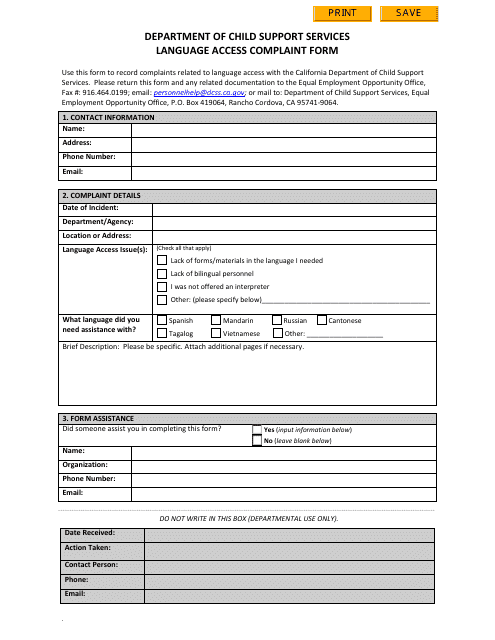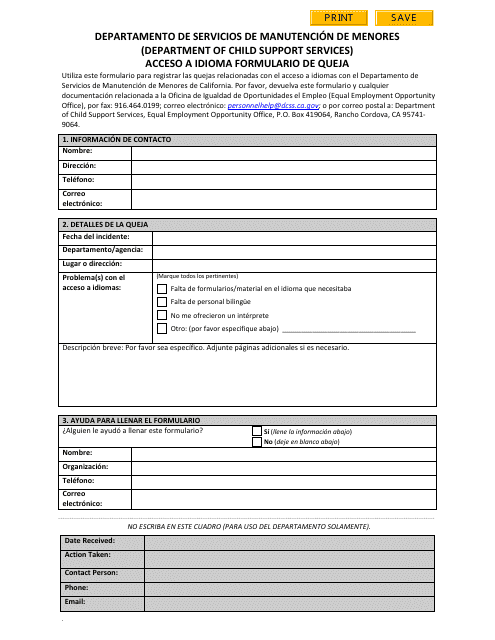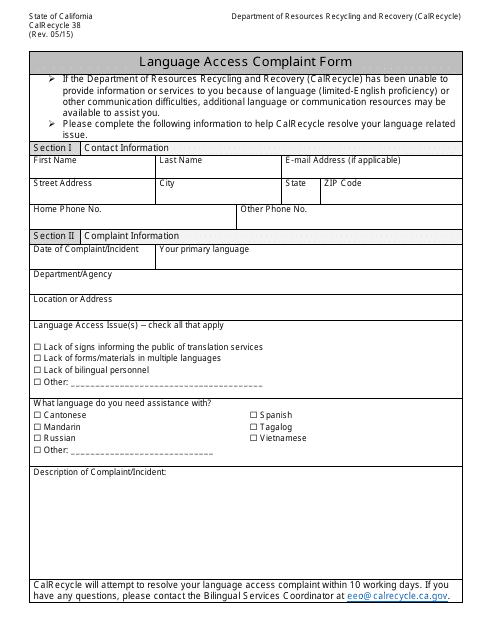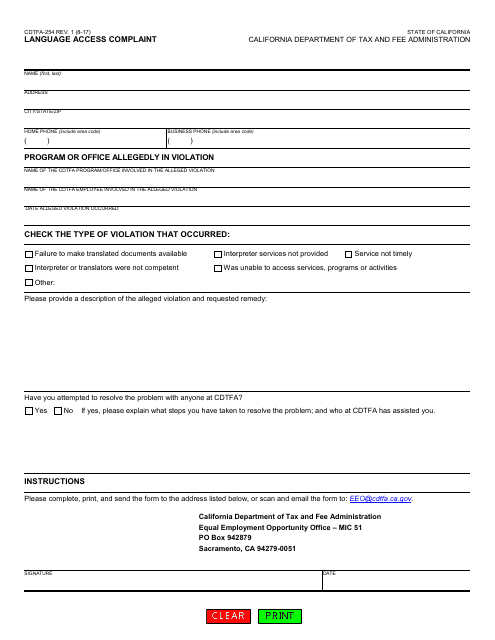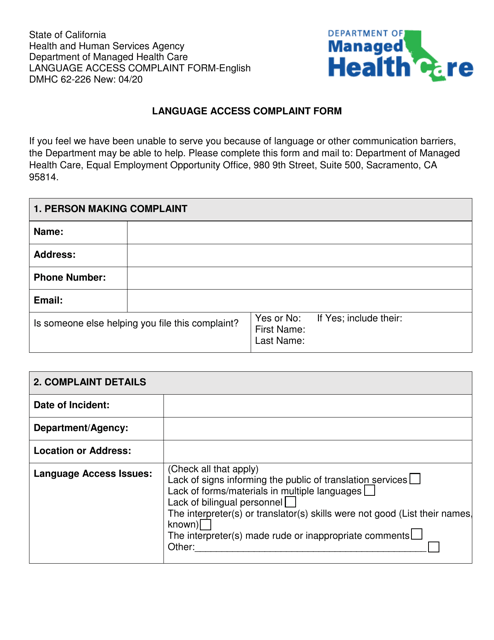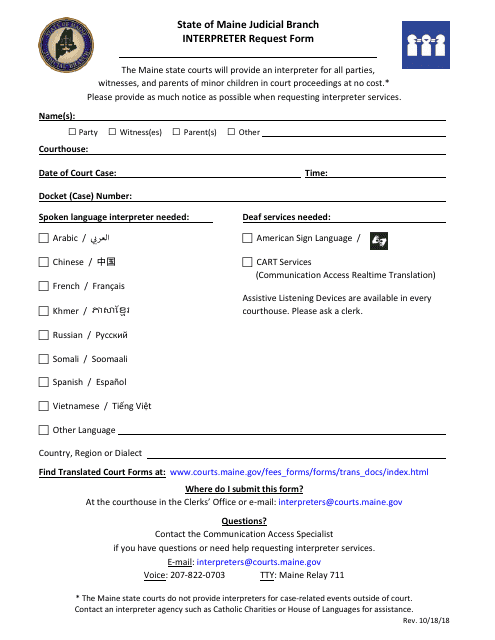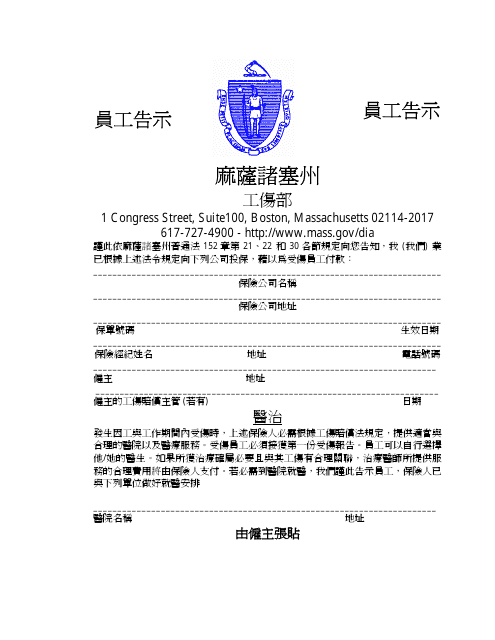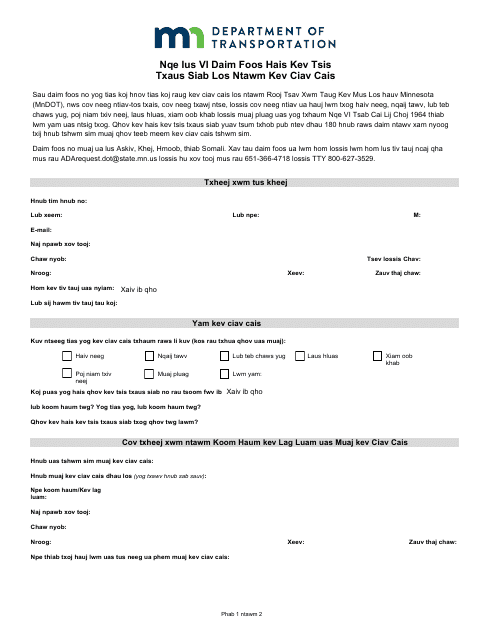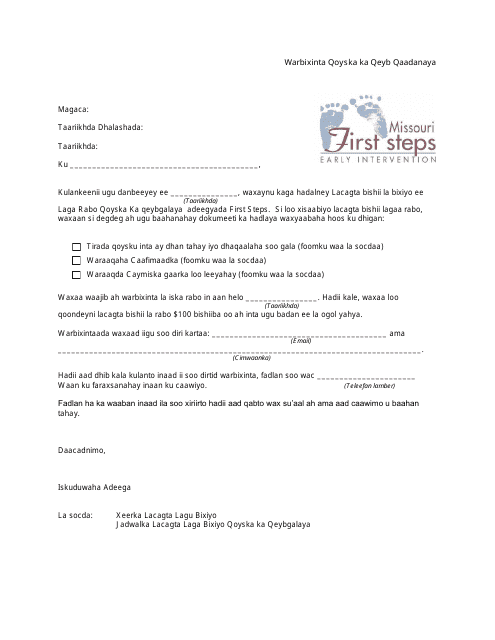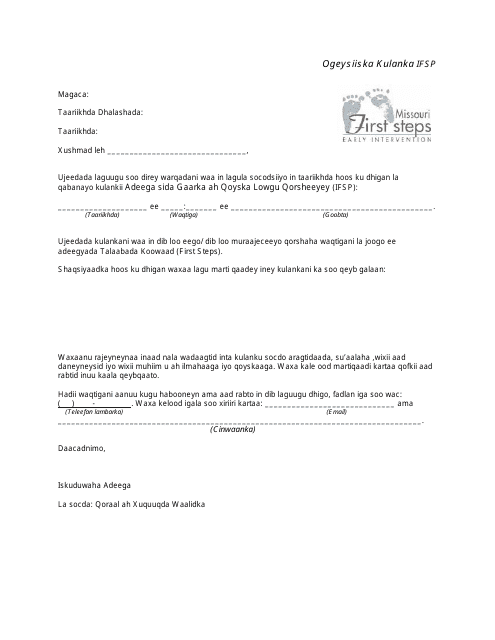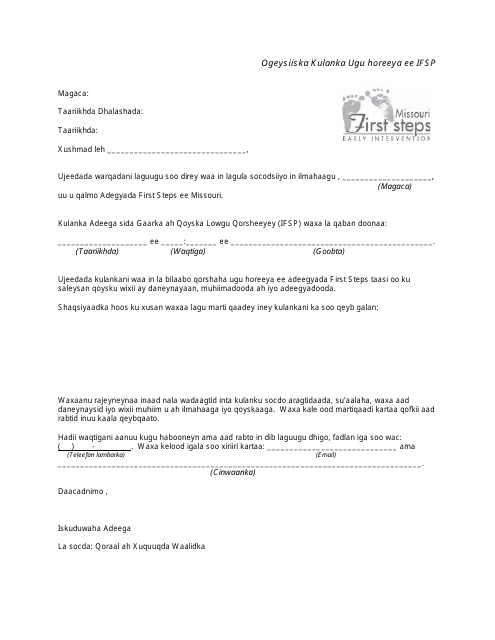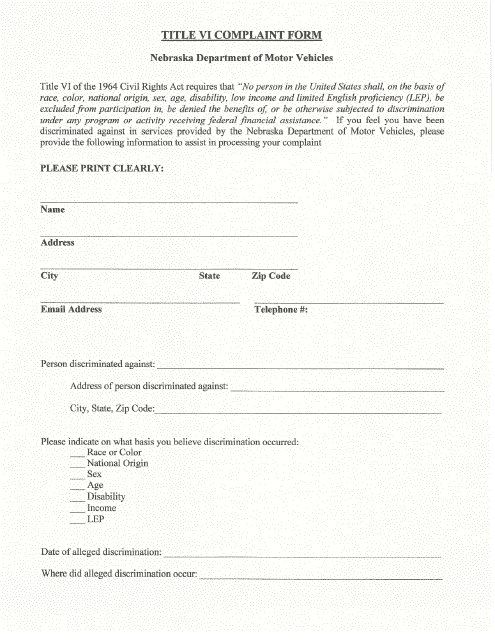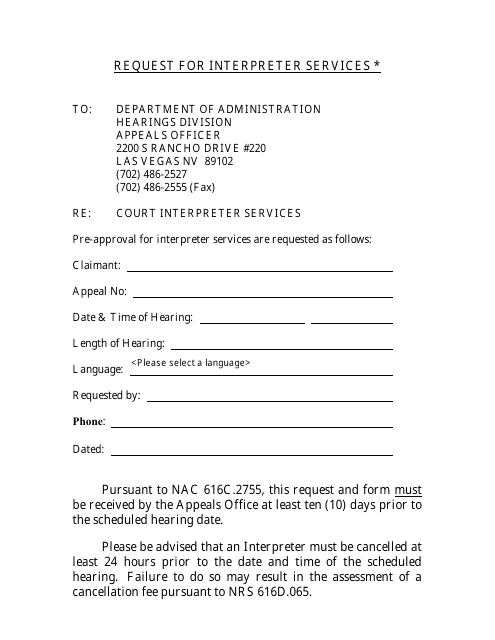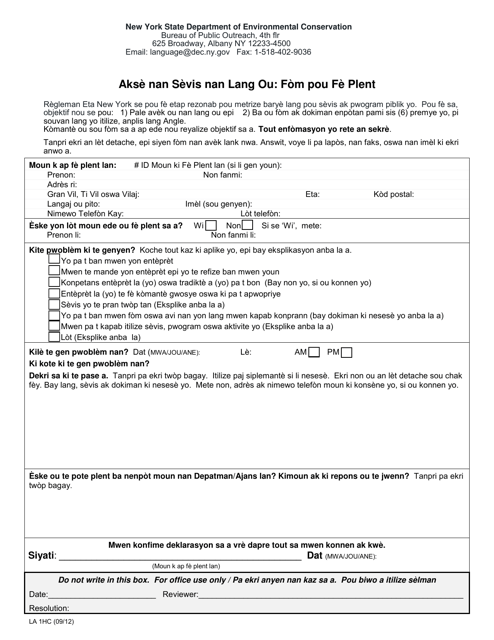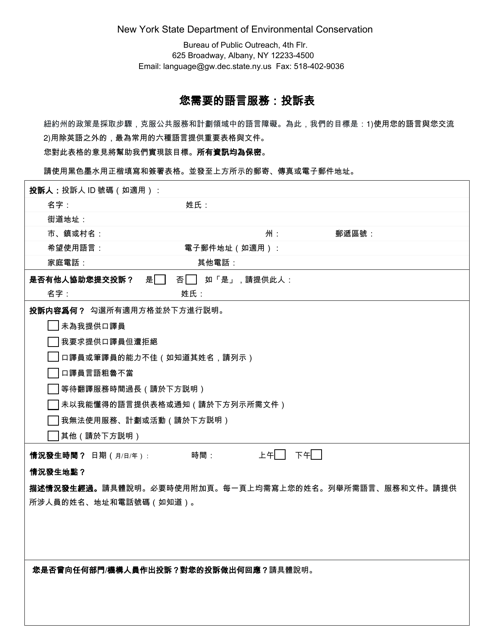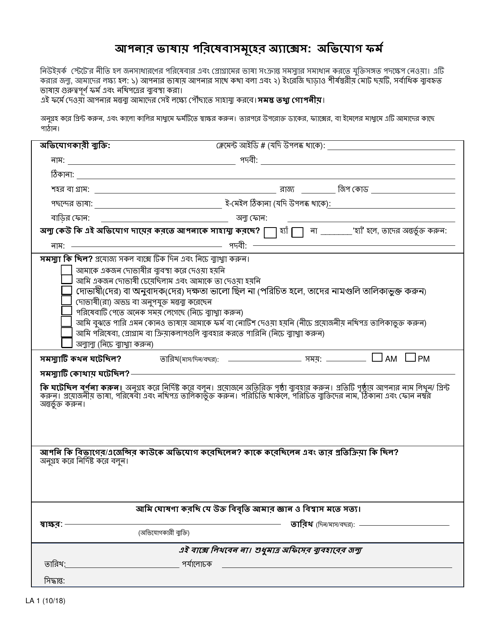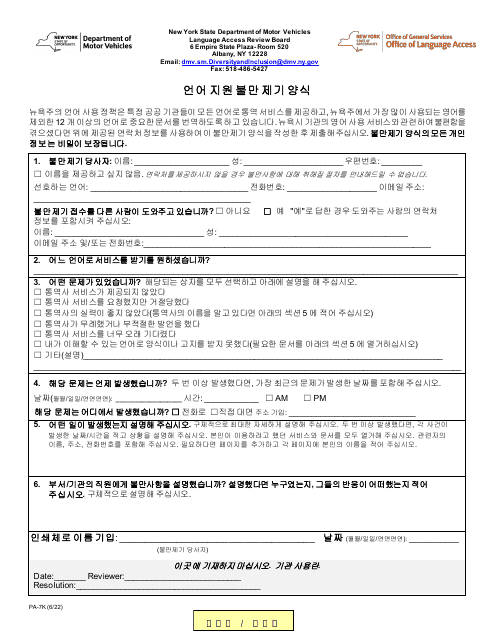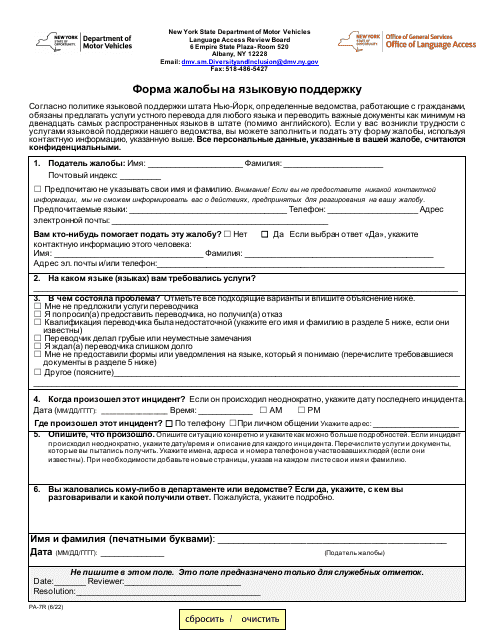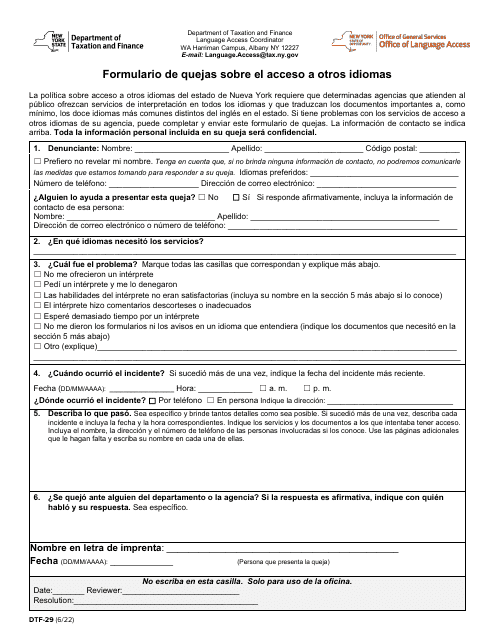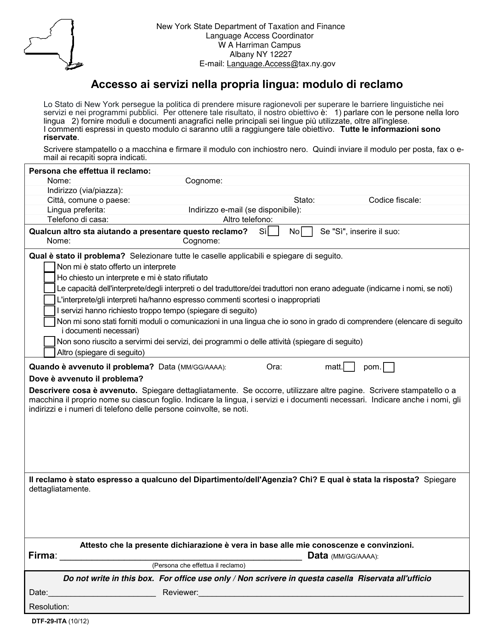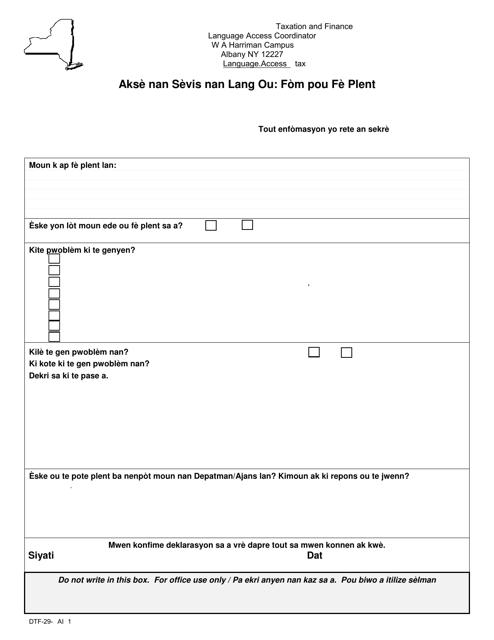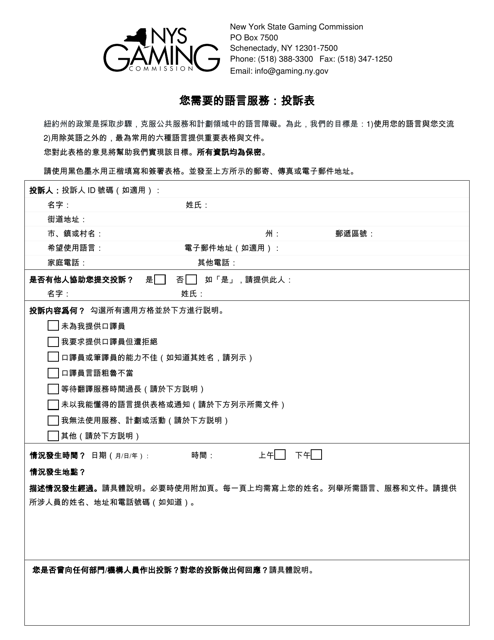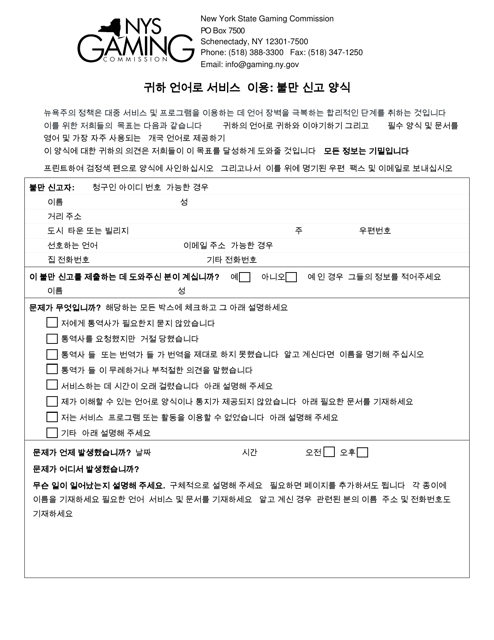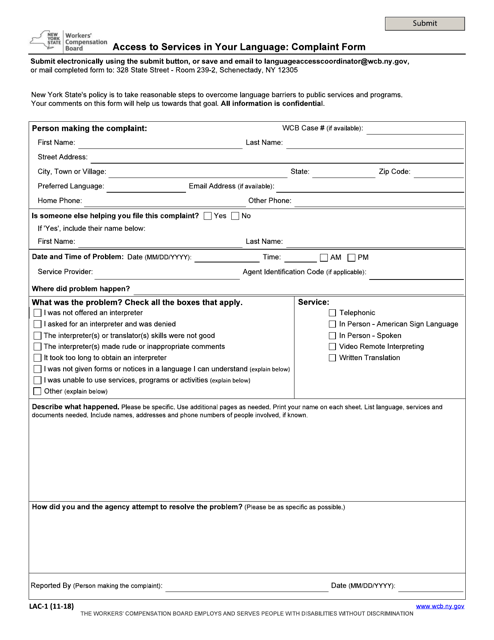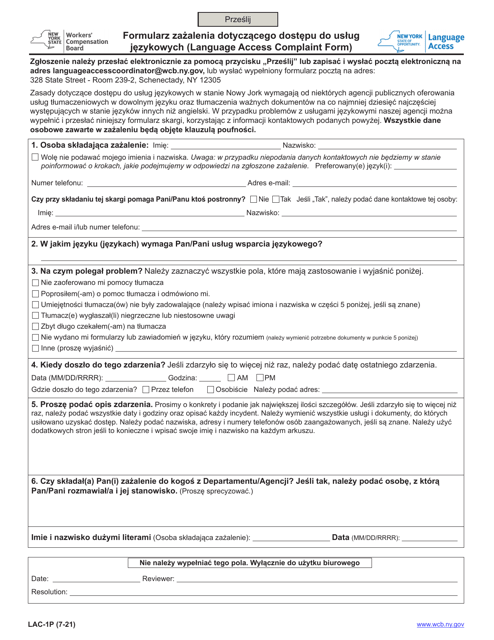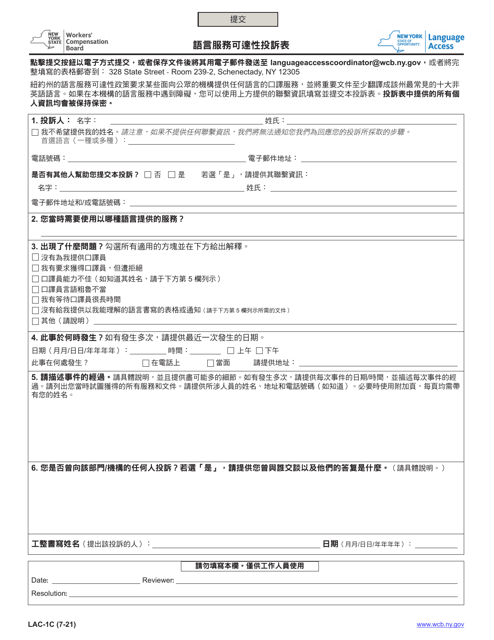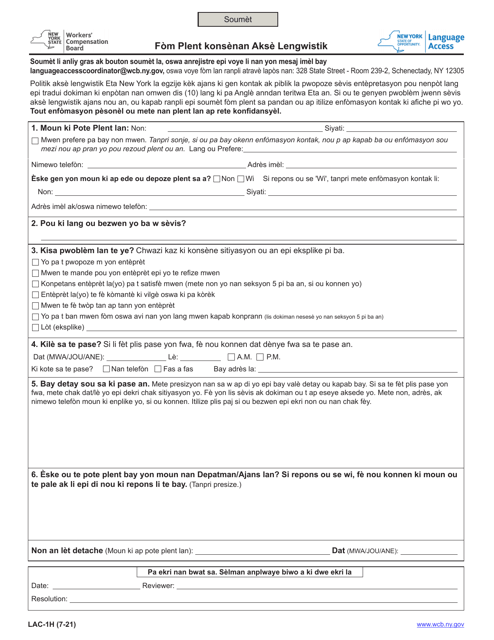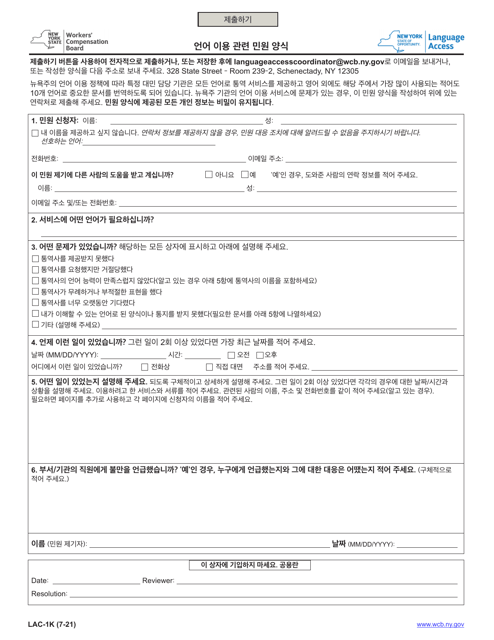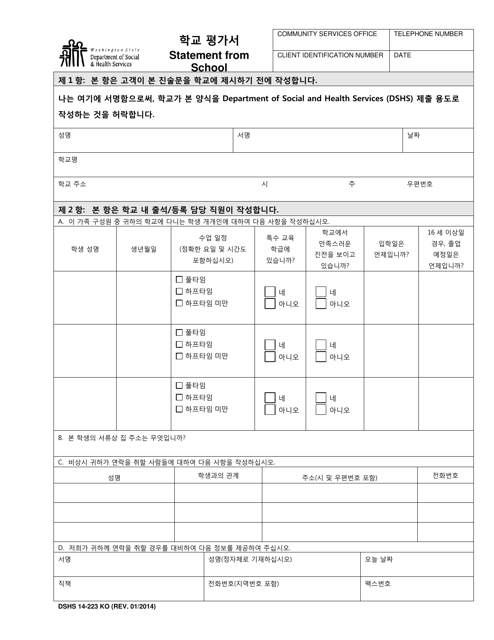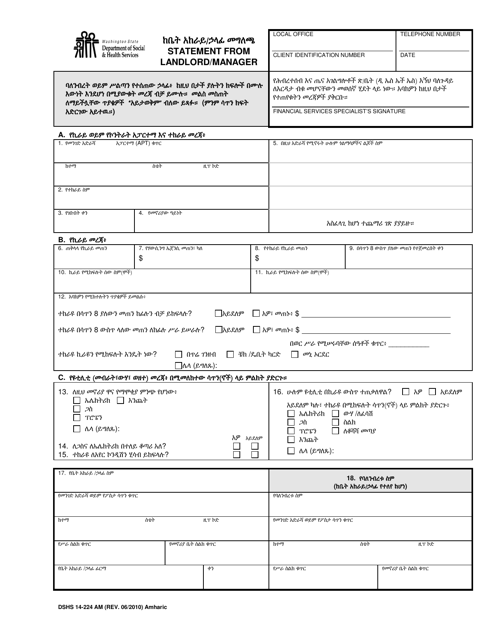Language Access Templates
Language Access: Breaking Barriers for Equal Communication
In a diverse and multicultural society, ensuring language accessibility is crucial for equal access to essential services and opportunities. Language access refers to the provision of language services and resources that enable individuals with limited English proficiency (LEP) to effectively communicate and fully engage with government programs, services, and benefits.
Our Language Access program aims to bridge the language gap by offering a range of services and resources tailored to meet the linguistic needs of diverse communities. Whether through interpretation services, translations, or access to language assistance programs, our commitment to language access is designed to eliminate communication barriers and promote equal opportunity for all.
By providing language access, we empower individuals to express their needs, concerns, and opinions, regardless of their proficiency in English. Our program recognizes the importance of cultural and linguistic diversity and seeks to foster an inclusive society where all voices are heard, understood, and valued.
From Title VI Discrimination Complaint Forms to Language Access Complaint Forms, our documents reflect our dedication to addressing language barriers and combating discrimination. These documents capture important information about cases related to language accessibility, enabling individuals to voice their concerns and seek resolution.
Our Language Access program is not just about addressing complaints and grievances. It is about creating an environment where individuals can confidently and comfortably access vital services in their language, enhancing their ability to participate fully in civic life, education, healthcare, employment, and more. By offering a multitude of resources and support, we strive to level the playing field and ensure that language is never a barrier to success or equal opportunity.
At [Organization Name], we understand the power of language as a means of connecting communities, breaking down barriers, and fostering inclusivity. Our commitment to language access extends beyond just providing documents and services; it is a promise to embrace diversity, promote understanding, and empower individuals to thrive in an increasingly interconnected world.
Join us in our mission to promote language accessibility and create a society where language is never a barrier. Together, we can build bridges that transcend language barriers and foster a more inclusive and equitable society for all.
Documents:
404
This form is used for requesting an interpreter in civil cases in California. It is used when a party or witness needs language assistance during court proceedings.
This form is used for filing complaints related to limited English proficiency in Arizona.
This form is used for obtaining consent for Medi-Cal services in California. It is translated into Korean to accommodate individuals who speak Korean as their primary language.
This Form is used for consenting to bridge from Medi-Cal to Healthy Families in California.
This form is used for documenting contact with limited English proficient (LEP) individuals. It helps ensure effective communication and understanding between the individual and the Food Safety and Inspection Service (FSIS).
This form is used for filing a complaint regarding language access issues in California.
This Form is used for accessing language complaint forms in California.
This form is used for filing a language access complaint in California specifically for speakers of Tagalog.
This form is used for filing a language access complaint in California specifically for those who speak Armenian.
This form is used for filing a language access complaint in California. It is provided by CalRecycle, the California Department of Resources Recycling and Recovery.
This document is a language access complaint form for California residents who speak Russian. It allows individuals to file a complaint if they have experienced language barriers or discrimination when accessing services provided by CalRecycle.
This Form is used for filing a language access complaint in California.
This form is used for filing a complaint regarding language access issues in the state of California.
This form is used for requesting an interpreter in the state of Maine.
This form is used for providing employees in Massachusetts with important notices or information in the Chinese language.
This document is used for filing a discrimination complaint related to Title VI in Minnesota, specifically for the Hmong community.
This type of document provides information about the cost participation requirements for families in Missouri, specifically for Somali speakers.
This letter notifies Somali-speaking individuals in Missouri about an upcoming IFSP (Individualized Family Service Plan) meeting.
This document is a notification letter for an IFSP (Individualized Family Service Plan) meeting in Missouri. It is written in Somali.
This Form is used for filing a complaint related to discrimination under Title VI in the state of Nebraska.
This document is used to request interpreter services in the state of Nevada. It helps individuals who do not speak English or have limited English proficiency to communicate effectively in various settings such as legal proceedings, medical appointments, or government services.
This form is used for submitting a complaint regarding access to services in Haitian Creole language in New York. It provides a way for individuals to report any issues they have encountered when trying to access services in their preferred language.
This form is used for filing complaints regarding access to services in Chinese in New York.
This Form is used for submitting complaints about access to services in Bengali language in New York.
This form is used for filing a complaint regarding access to services in your language in New York. It specifically caters to Italian-speaking individuals.
This Form is used to file a complaint regarding access to services in Haitian Creole language in New York.
This document is a complaint form specifically designed for residents of New York who speak Chinese. It allows individuals to express their grievances or provide feedback regarding access to services in their preferred language.
This form is used for filing a complaint if you have experienced difficulties in accessing services in Korean in New York.
This form is used for lodging a complaint if you have faced difficulties accessing services in your preferred language in New York.
This document is used for submitting a statement from a school to the Washington State Department of Social and Health Services. It is in Korean.
This document is used for landlords or property managers in Washington to provide a statement in Amharic language.

